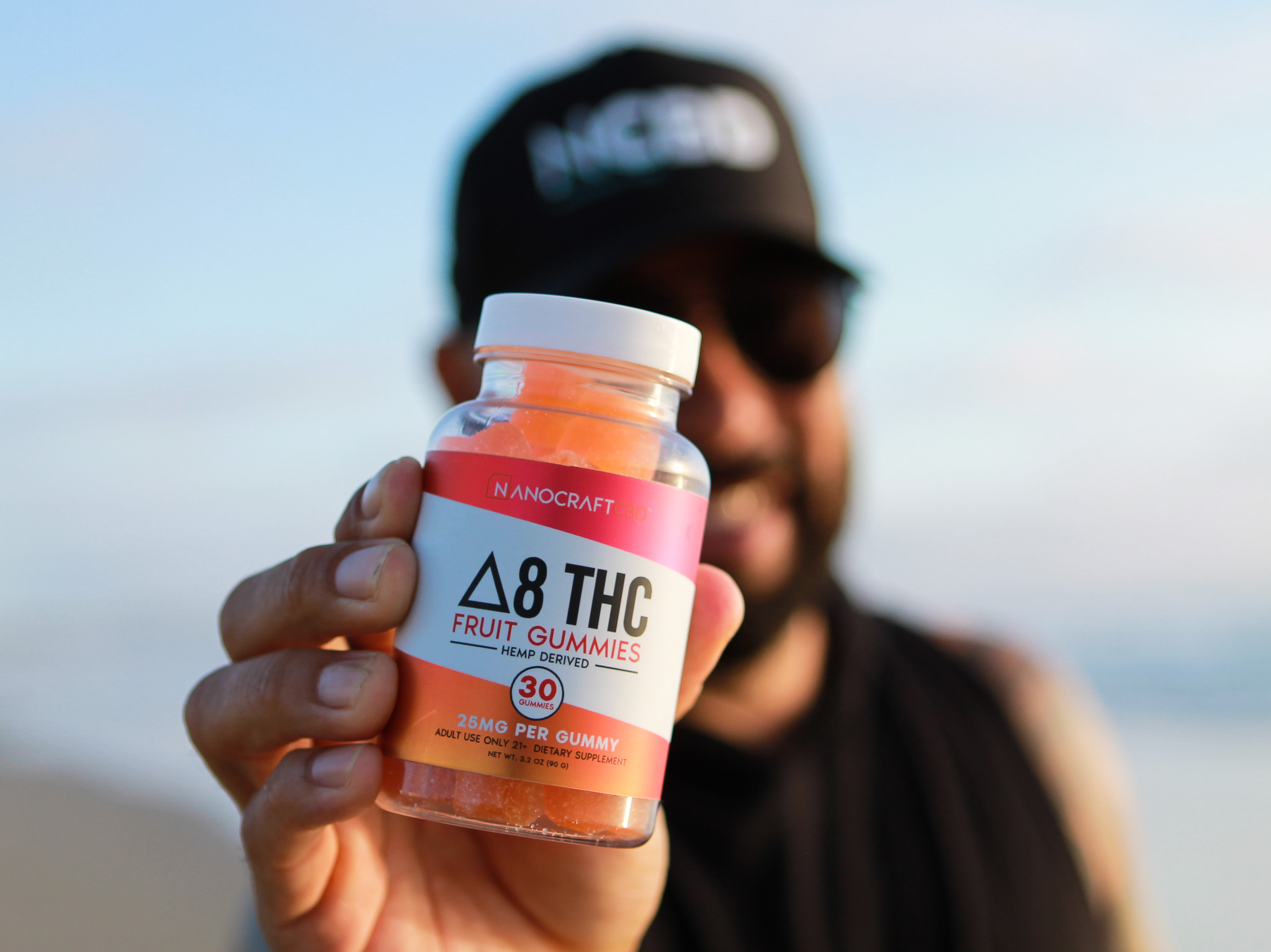The Environmental and Ethical Aspects of Delta 8 Gummy Production
Delta 8 gummies have gained popularity in recent years as a convenient and enjoyable way to consume Delta 8 THC, a compound derived from hemp. However, it is important to consider the environmental and ethical aspects of their production. By examining the key factors that impact the production of Delta 8 gummies, we can better understand the tradeoffs involved and make informed decisions.
Environmental Impact
The production of Delta 8 gummies can have both positive and negative environmental impacts. On the positive side, hemp cultivation requires less water and pesticides compared to other crops. Hemp plants also help improve soil health by absorbing carbon dioxide from the atmosphere.
However, the extraction and processing of Delta 8 THC from hemp plants can be energy-intensive. The use of solvents and chemicals in the extraction process may also have potential downstream environmental consequences if not properly managed. Additionally, the packaging and transportation of Delta 8 gummies contribute to carbon emissions and waste generation.
Ethical Considerations
Ethical issues related to Delta 8 gummy production revolve around labor practices, animal testing, and social responsibility. It is crucial to ensure that workers involved in hemp cultivation and Delta 8 extraction are treated fairly and provided with safe working conditions. Furthermore, avoiding animal testing and embracing cruelty-free alternatives in the testing of Delta 8 gummies is an important ethical consideration.
Sustainability and Certification
To address the environmental and ethical aspects of Delta 8 gummy production, sustainable practices and certifications play a vital role. Sustainable practices in farming and manufacturing can reduce the environmental impact by minimizing waste, conserving resources, and using renewable energy sources. Certifications such as organic, fair trade, and cruelty-free provide assurance to consumers that the Delta 8 gummies they purchase have been produced in an environmentally and ethically responsible manner.
Tradeoffs and Challenges
Balancing the environmental and ethical aspects of Delta 8 gummy production can be challenging. For example, transitioning to organic farming practices may increase costs and reduce yields, which could lead to higher prices for consumers. Implementing stricter labor and animal welfare standards can also add to production costs. These tradeoffs must be carefully considered to ensure a sustainable and ethical approach without compromising product quality and accessibility.
The Importance of Consumer Choices
As consumers, our choices have a powerful impact on Delta 8 gummy production and its environmental and ethical aspects. By supporting brands that prioritize sustainability and ethical practices, we can encourage the industry as a whole to adopt responsible measures. It is important to be informed about the brands we choose and look for certifications that align with our values.
Conclusion
The environmental and ethical aspects of Delta 8 gummy production are crucial considerations for both producers and consumers. It is essential to acknowledge the tradeoffs involved in making responsible choices and strive for a balance between environmental sustainability, ethical practices, and product accessibility. By supporting brands that prioritize sustainability and ethical production, we can contribute to a more responsible and conscientious industry.
